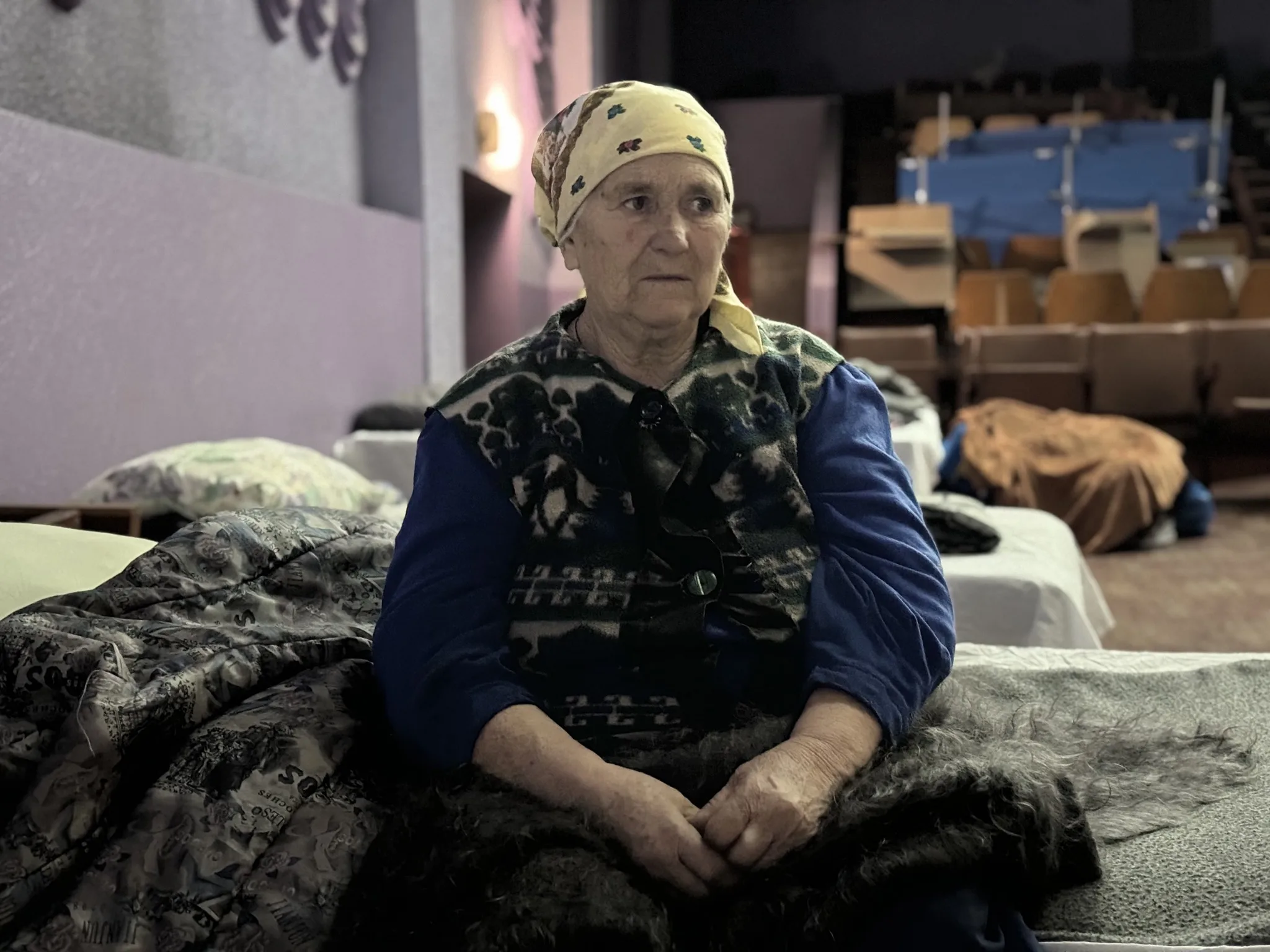Working in various regions of the world where humanitarian aid is vital, Médecins Sans Frontières has seen that the sudden freeze on international aid has caused additional suffering to the most vulnerable. The speed with which medical services have been affected has not given patients and healthcare workers enough time to adapt. Many people were suddenly cut off from life-saving medicines and therapy.
See also: We need a broad rehabilitation plan for the military
‘Médecins Sans Frontières does not receive funds from the US government, so we are not directly impacted. However, we work in many communities around the world that are directly or indirectly supported by such funding, and we are already seeing cuts in humanitarian and medical services.
This sudden freeze in aid has been devastating. We are already seeing very real consequences in places where needs were already extremely high.
The sudden freeze on international aid meant that some people lost their source of medical care overnight, and this change is reverberating in the communities where we work. There is widespread misunderstanding about what this means for these vital programmes. Some clinics and local health centres have had to close. Our doctors report that local groups and organisations are asking us if we can take over their programmes. There is a big gap in international aid that cannot be quickly filled by others.
See also: The discussion around the suspension of USAID aid has descended to a petty level
Among the countries receiving the largest amounts of US aid are the Democratic Republic of the Congo, Ukraine, Afghanistan, and Ethiopia — all countries where MSF has projects. Humanitarian funding is intended for people in the most difficult circumstances, and it is with these people that Médecins Sans Frontières works. We are particularly concerned about children, pregnant women, the elderly, and other vulnerable people who will be affected the most, as they are the ones who need humanitarian assistance the most. Other affected groups include countless refugees and displaced people, children living in malaria-endemic areas, and people in need of HIV and tuberculosis treatment whose care may be cut off.
We work in the same crisis zones as USAID, which has long been the world’s largest donor of international aid. We work side by side with many affected organisations and communities, and it is our responsibility as health professionals in these places to speak out about the impact on access to health and humanitarian assistance.
The United States is the largest donor of international humanitarian aid in the world. No single organisation can fill the huge gaps created by this sudden loss of funding. ‘Médecins Sans Frontières continues to monitor the impact of the foreign aid freeze and will adapt our response to this situation as necessary.
Read also: Discrimination and bureaucracy: problems with payments for people who received IDP status before the full-scale invasion
After the initial freeze on foreign aid funding, the US government made a number of exemptions that allowed certain life-saving programmes to continue. However, we are hearing from our colleagues in many countries that work is still at a standstill and there is little guidance or clarity on how to keep these exceptional programmes running. Doctors and patients do not know what to do. The wording proposed in any permits to date is not clear or specific enough to allow organisations to resume many activities. In addition, medical services are often closely linked to USAID and other components of the foreign aid system. Given that foreign aid freezes and stop-work orders continue to affect these areas of activity, and that staff at these agencies have been placed on immediate leave or recalled. The limited humanitarian exemptions are not sufficient on their own to fully resume operations.
We do not yet know the exact extent of the impact, but we do know that the lack of access to healthcare and basic services could have potentially deadly consequences for millions of people. We will continue to closely monitor the impact on our operations, our partners, patients, and the communities we serve.
Read also: Ukraine is looking for ways to replace USAID aid



